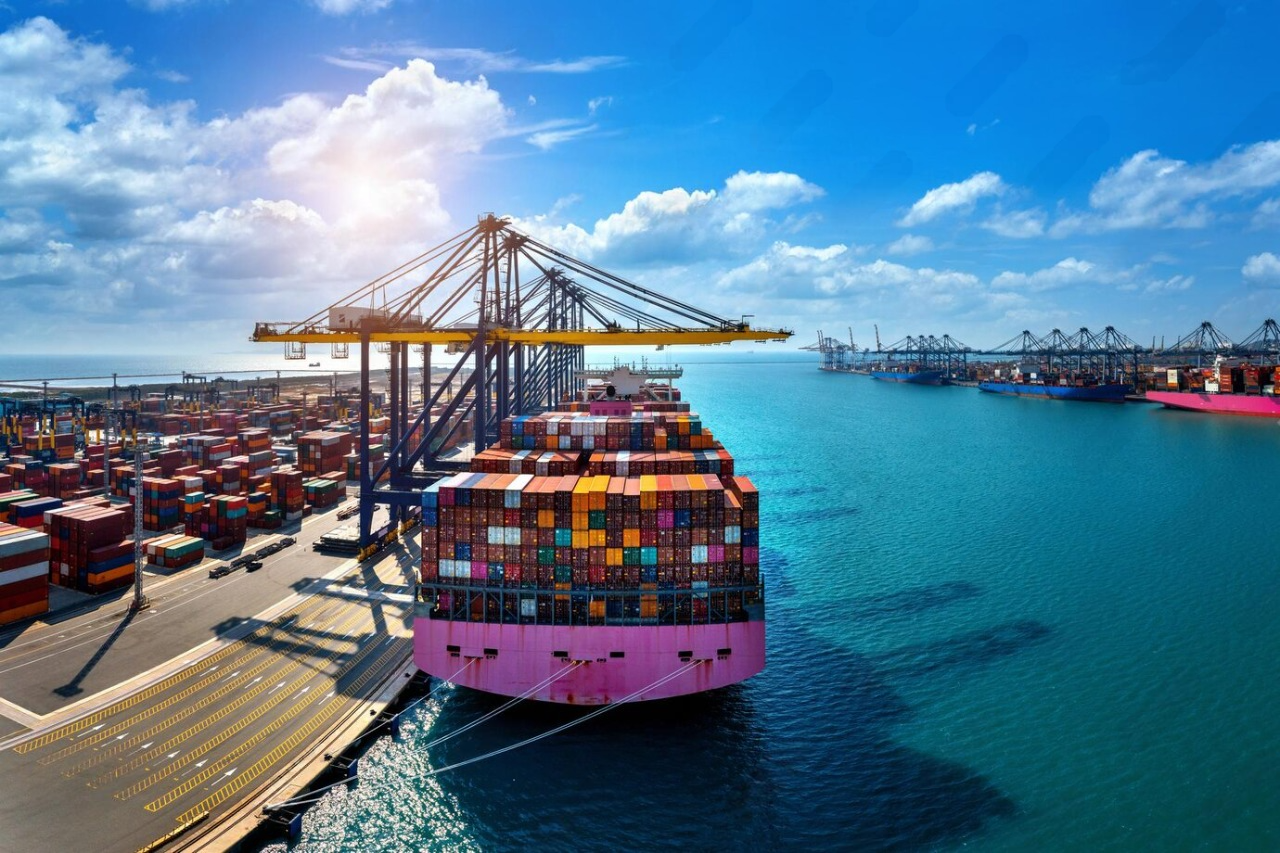Shipping, maritime, and international trade are essential pillars of global commerce, facilitating the movement of goods across borders through a network of sea routes, trade agreements, and regulatory frameworks. The shipping industry plays a crucial role in international supply chains, ensuring efficient transportation of raw materials, consumer goods, and industrial products worldwide.
Key Components of Shipping, Maritime & International Trade
1. Global Trade and Shipping Logistics
Shipping serves as the backbone of international trade, with major ports and maritime hubs handling millions of containers annually. Efficient shipping logistics involve freight forwarding, cargo handling, customs clearance, and compliance with international trade regulations. The integration of technology in shipping operations has further enhanced global trade efficiency.
2. Maritime Regulations and Compliance
International trade via maritime routes is governed by various laws and treaties, ensuring safe and secure transportation of goods. Regulations established by organizations such as the International Maritime Organization (IMO) set global standards for vessel safety, environmental protection, and trade facilitation. Compliance with these regulations is critical for smooth operations in the shipping industry.
3. Role of Ports and Shipping Infrastructure
Ports serve as crucial nodes in maritime trade, offering facilities for loading, unloading, storage, and transshipment of goods. Strategic port locations influence trade flows, impacting regional economies and global supply chains. Advanced port infrastructure, equipped with modern technology, enhances trade efficiency and reduces operational costs.
4. International Trade Agreements and Their Impact
Bilateral and multilateral trade agreements govern trade relations between countries, setting terms for tariffs, import-export duties, and dispute resolution. Agreements such as the ASEAN Free Trade Area (AFTA) and Regional Comprehensive Economic Partnership (RCEP) impact shipping and maritime trade within Asia and beyond. Understanding trade policies helps businesses optimize their global operations.
5. Shipping Contracts and Commercial Transactions
Contracts play a crucial role in maritime trade, defining terms of carriage, risk allocation, and dispute resolution mechanisms. Common agreements include Bills of Lading (BOL), Charter Parties, and Freight Forwarding Agreements, each outlining specific responsibilities of involved parties. Proper documentation ensures smooth trade transactions and minimizes legal risks.
6. Shipping Insurance and Risk Management
Given the complexities of maritime trade, shipping insurance helps mitigate financial risks associated with cargo loss, damage, and delays. Marine insurance policies cover various aspects, including hull damage, cargo insurance, and liability protection. Proper risk assessment and insurance planning are essential for international shipping businesses.
7. Dispute Resolution in Maritime Trade
Disputes in shipping and international trade may arise due to contract breaches, cargo damage, or regulatory violations. Common dispute resolution mechanisms include arbitration, mediation, and litigation, depending on jurisdictional and contractual agreements. Many international shipping disputes are resolved through maritime arbitration centers that specialize in trade-related conflicts.
Conclusion
Shipping, maritime, and international trade are vital components of global commerce, requiring strict regulatory compliance, strategic logistics management, and well-structured trade agreements. Whether dealing with freight contracts, port operations, or maritime insurance, businesses involved in international trade must navigate a complex legal and operational landscape.
For more information on Shipping, Maritime & International Trade, contact TSL Malaysia today. Our legal experts provide comprehensive guidance on trade regulations, shipping contracts, and dispute resolution to help businesses thrive in global markets.
FAQs
What is the definition of white and blue-collar crime in Malaysia?
White-collar crime refers to non-violent financial offenses committed by professionals or corporations, such as fraud and embezzlement. Blue-collar crime involves physical or violent offenses, such as theft, assault, or vandalism, typically committed by individuals in manual labor industries.
Why is the maritime industry important in Malaysia?
What is international maritime trade?
What is the Malaysia shipping master plan?
What is International Maritime Organization (IMO) shipping?
What is the purpose of shipping in the maritime industry?
Why is maritime shipping transport important in international trade?
What is the significance of maritime trade?
What is the role of the maritime industry?
What are the benefits of the maritime industry?
What is the importance of maritime trade routes?
This article is intended to provide general information only and does not constitute legal advice. It should not be used as a substitute for professional legal consultation. We recommend seeking legal advice before making any decisions based on the information available in this article. Tan, Siew & Lee (TSL Legal) fully disclaims responsibility for any loss or damage which may result from relying on this article.

